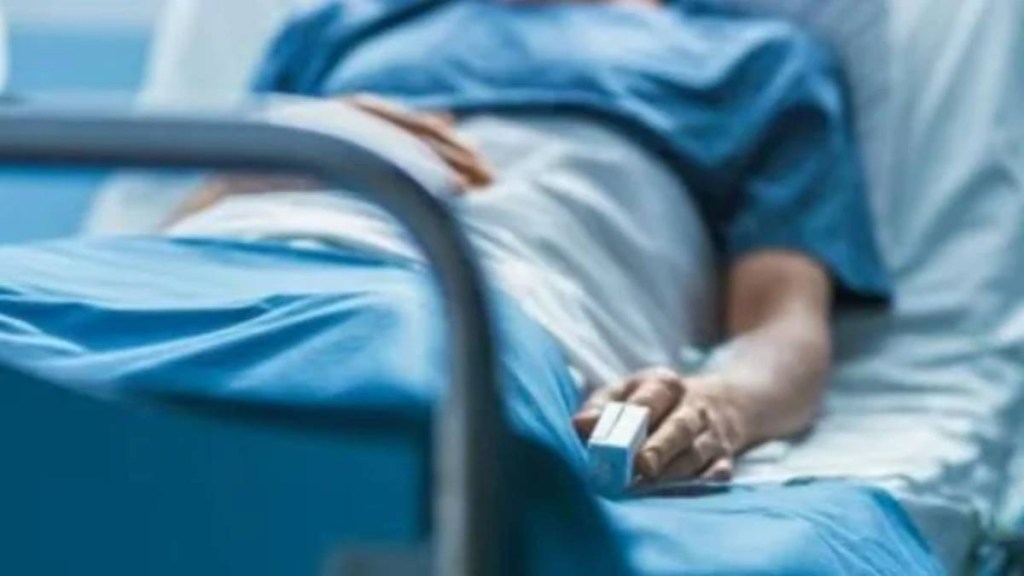The search for the cause behind the Guillain-Barre Syndrome (GBS) outbreak in Pune and Pimpri-Chinchwad hit a hurdle after water samples tested for Campylobacter jejuni displayed no traces of contamination. As per a report by The Times Of India, the bacterium jejuni found in the stool samples of at least five patients did not indicate a case of contagion. Meanwhile, the total number of suspected cases has surged to 130.
The National Institute of Virology (NIV) is studying for alternative methods through which the cause of the outbreak could be determined. Researchers are now focussing on genetically distinct the bacterium found in the patients to assess whether they were infected with a more dangerous strain. Officials told TOI, that this analysis can provide deeper insights into the outbreak and about its severity.
GBS cases in India
As per latest report, the Maharashtra health department has confirmed 73 GBS cases out of the total suspected 130 along with two suspected deaths. A man from Pune and a 56-year-old woman from Pune have lost their lives, as PTI reported. The highest number of cases have been reported from newly added villages under the Pune Municipal Corporation (PMC), followed by rural Pune and Pimpri-Chinchwad.
A District Planning Committee meeting was chaired by Deputy Chief Minister Ajit Pawar in Pune. He directed health officials to take strict action against hospitals who are overcharging the GBS patients.
Pawar also highlighted the need for a continuous supply of essential drugs for treating the disorder, which can result in weakness of muscles and paralysis.
Health officials continue to believe suspected contaminated water as a possible source but investigations continue to go on to find out the exact reason for the outbreak, as NIV is leading the effort to disclose the cause.

